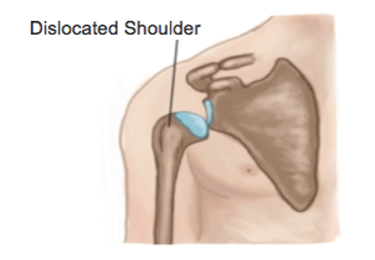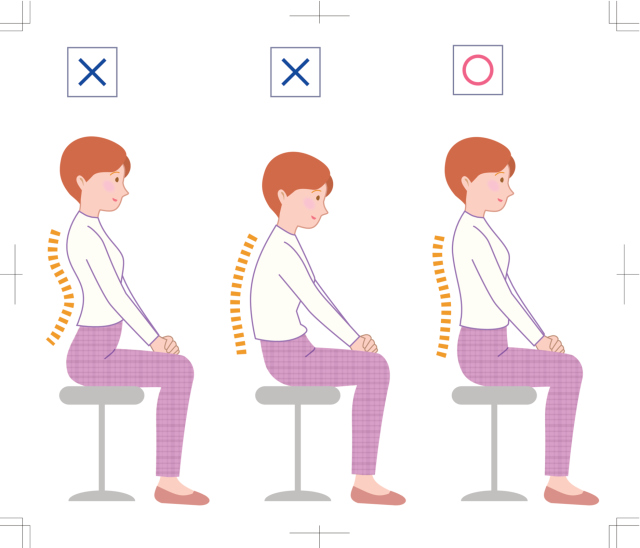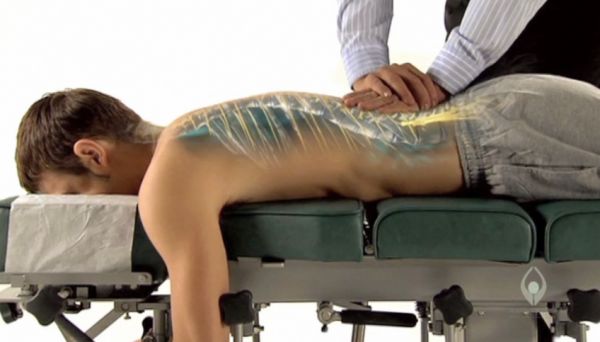Is Your Head Posture to Blame for Your Neck Pain and Headaches?

Do you suffer from chronic neck pain and headaches? One common cause is a very recent development in modern history – and you might be guilty of doing it right now.
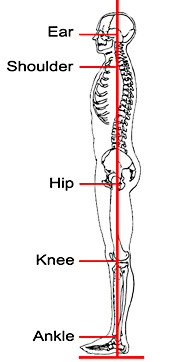
Neck pain and headaches can have many origins, but one we see most often these days is poor posture. Posture is something we develop overtime, and can be a preceding factor to many musculoskeletal conditions, with neck pain and headaches being one of the most common. When it comes to proper posture, your ankles, knees, hips, shoulders, and ears should all follow the same vertical line, with your head directly above your neck and shoulders.
When you have poor head posture, you will notice your head resting forward and in front of your shoulders, otherwise known as “anterior head carriage” with your ears in line with your chest instead of your shoulders. Due to the myofascial connections between our neck and shoulders, the shoulders will then roll forward and as a result, your body will appear hunched over. When this occurs, there is unnecessary weight that is exerted on our neck, including the joints, muscles, and ligaments. In fact, for every inch our head is forward, it increases the weight of the head on the neck by 10lbs!
It is no surprise then that this extra stress placed upon our neck causes the muscles to work harder to keep our head upright. With the increased load on the joints and the muscles, the muscles become tight, the joints become restricted, and this often leads to neck pain and headaches. Headaches occur because the joints of the cervical spine and neck musculature often refer to different areas of the head when they are irritated, which are perceived as headaches by an individual.
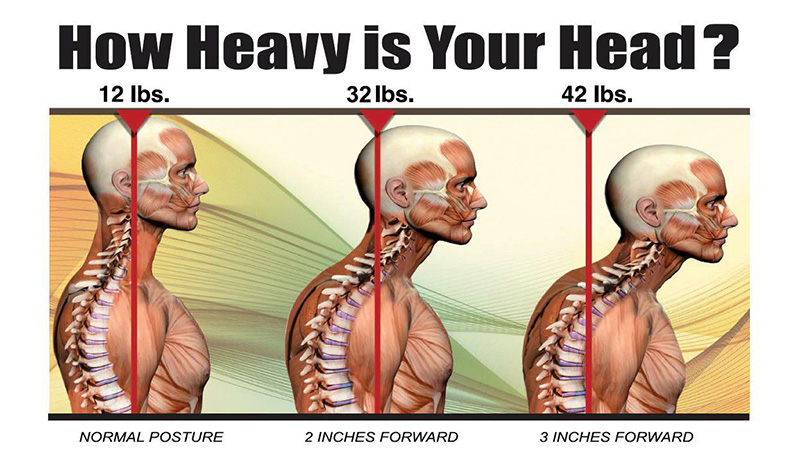
What are the symptoms of poor posture?
- Tension or band-like headaches that are dull in nature located in the temples or forehead
- “Knots” or “rocks” in the back of your neck and shoulders,
- Irregular sleep
- All-over body aches & tightness
- Tightness through your chest and upper back
- Pins and needles or numbness in your arms
- A constant feeling of needing to roll your shoulders or stretch your neck
What am I doing that could cause this?
- Looking down while reading
- Extended time using a mobile device (“text neck”)
- Sitting with shoulders rounded and back hunched
- Driving with your head more than 5 – 8 cm away from the headrest
- Carrying a backpack, bag or purse over one shoulder
- Carrying a backpack, bag or purse that is too heavy
- Prolonged sitting in one position
How should I treat this problem?
Overall, ensure you have lower back support while sitting or lying down for long periods. And, like your mom told you: don’t slouch! Here are a few more tips that may help you feel better:
- Re-balance your posture through head and neck exercises – but check with your doctor or chiropractor to make sure you doing: a) the right ones, and b) you’re doing them correctly,
- Make sure your computer screen is level with your eyes and about two feet away from your face
- Be sure to carry your backpack squarely over both shoulders to balance the weight
- If you are wearing a backpack, load the heaviest items near the back and the lightest objects towards the front
- Sling your purse diagonally across your body,
- Sleep with a body pillow to maintain the proper curve in your spine,
- Get up and stretch in regular intervals, particularly if you sit at a desk all day – set an alarm on your phone to help remind you
Be conscious of your posture!
Chronic neck pain and headaches can make your life a lot harder than it has to be. But there are many small changes you can make that can make a huge difference. One major step in the right direction is going to see an experienced chiropractor (like us!).
Chiropractors are skilled primary health care providers with extensive training in disorders arising from the musculoskeletal and nervous system. Using a variety of techniques including manipulations, mobilizations, soft tissue therapy, acupuncture, and rehabilitation, we can address the root of your problem with the highest standard of care. Don’t wait until it is too late, book an appointment today and see how we can help you!
IMPORTANT
After reading this article, please don’t self-diagnose yourself on the internet! All bodies are different and you should get an accurate assessment in order to properly address your chronic pain. Always consult your physician to be sure you’re getting the correct diagnosis and treatment. If you both decide you require the services of a chiropractor, we can help.


